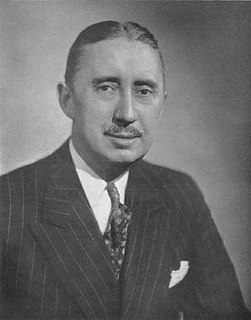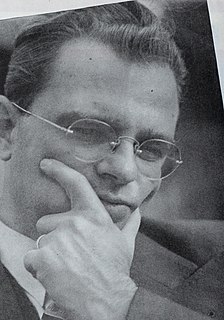A Quote by Benjamin Disraeli
That earliest shock in one's life which occurs to all of us; which first makes us think.
Related Quotes
Let us not pray to be sheltered from dangers but to be fearless when facing them." "Everything comes to us that belongs to us if we create the capacity to receive it." "Life is perpetually creative because it contains in itself that surplus which ever overflows the boundaries of the immediate time and space, restlessly pursuing its adventure of expression in the varied forms of self-realization." "The highest education is that which does not merely give us information but makes our life in harmony with all existence.
The World is not an idea as asserted by philosophers who have dedicated their entire lives to the exploration of ideas. First and foremost the world is passion. But passion is associated with sadness. Sadness does not only arise from death which makes us face the Eternity, but also from life which causes us to confront the Time.
All the wants which disturb human life, which make us uneasy to ourselves, quarrelsome with others, and unthankful to God, which weary us in vain labors and foolish anxieties, which carry us from project to project, from place to place in a poor pursuit of we don't know what, are the wants which neither God, nor nature, nor reason hath subjected us to, but are solely infused into us by pride, envy, ambition, and covetousness.
[T]ruly to escape Hegel involves an exact appreciation of the price we have to pay to detach ourselves from him. It assumes that we are aware of the extent to which Hegel, insidiously perhaps, is close to us; it implies a knowledge, in that which permits us to think against Hegel, of that which remains Hegelian. We have to determine the extent to which our anti-Hegelianism is possibly one of his tricks directed against us, at the end of which he stands, motionless, waiting for us.



































